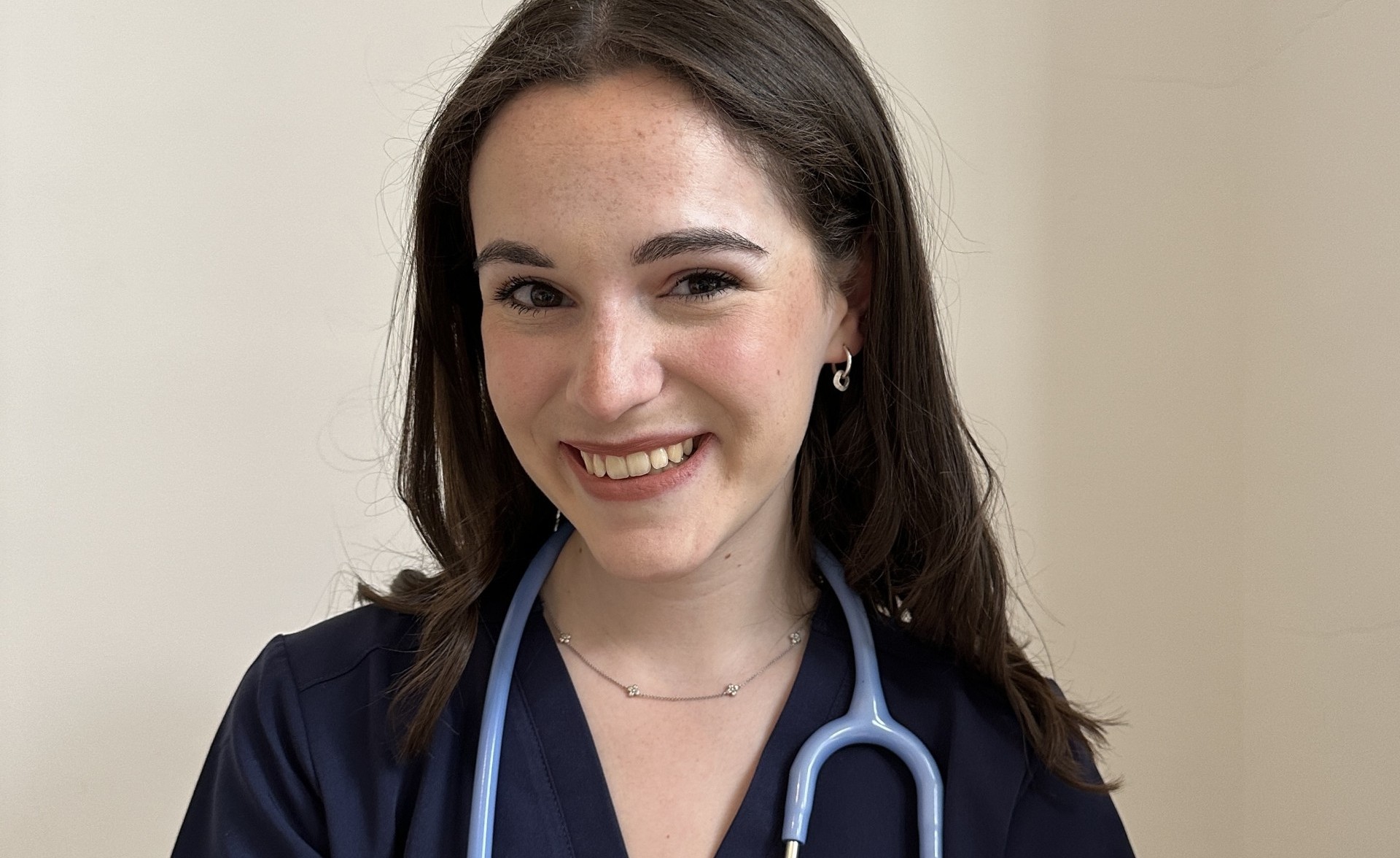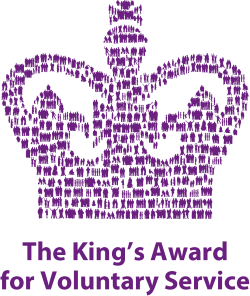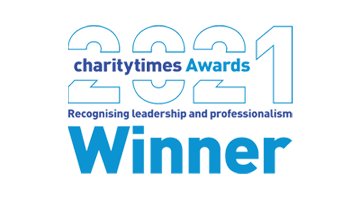Dr Tash Binnie is an NHS junior doctor, mental health advocate and previous visitor at The Listening Place.
What brought you to The Listening Place?
At the start of my third year of medical school, I was diagnosed with depression and generalised anxiety disorder. On paper I had everything I had ever wanted in life: I was studying the degree I’d always wanted to do, had a loving family, was living with friends in a flat in London and was in a healthy relationship. But I began really struggling with suicidal thoughts.
I didn’t think I could open up properly to my loved ones because I didn’t want to upset them, so I felt very alone. A GP told me about The Listening Place when I was at my lowest ebb. At first I felt guilty about using the service and wondered whether I was “unwell enough”, but at the time I felt I had nowhere else to turn. I now realise that there was absolutely no need to feel this way – The Listening Place will support anyone with suicidal thoughts and you don’t need to meet any specific criteria.
What were your first impressions of The Listening Place?
From the moment I stepped into the waiting room, I felt really welcome. I didn’t feel stigmatised at all — I was treated just like any other human being, despite some of the intense thoughts I was having, which was really refreshing. At that point I found it difficult to believe that recovery would be possible, but at The Listening Place there was a sense of hope and optimism that I could get better.
How was The Listening Place able to help? Was it different to any support you’d received in the past?
The Listening Place helped me more than I could ever have imagined. The fact that my volunteer wasn’t a healthcare professional but a trained lay member of the public, who was ready to listen to me without judging me, offering advice or trying to fix me, was different to any other form of support I had received in the past.
Although the main focus of our conversation was originally my suicidal thoughts, our conversations evolved to talk about life more generally. Being able to talk about suicide in the context of my normal, day-to-day experiences made it feel much less big and scary as a topic.
What was your experience of our volunteers?
It’s been over five years since I used The Listening Place, but I still remember the incredible volunteer, Claire, who supported me. She listened to me so carefully and empathetically and she truly got an understanding of me as a person. As well as supporting me through the immediate suicidal crisis, she helped me start to work on a lot of things I was struggling with, like low self-esteem and self-worth. Talking to Claire also made me feel like all the other things that would eventually boost my mental health – like running and connecting with friends – were possible again. She was incredibly non-judgmental and utterly unfazed by even my darkest thoughts, which really helped me to challenge the way I was stigmatising myself. I will never forget Claire and how much she helped me — I really don’t think I would be the person I am today without her and I will forever be grateful.
Do you think we all need to be having more open conversations about mental health and suicide?
Definitely yes! When I was starting to recover, I began to talk candidly about my experience of mental ill health and I received some amazing messages of support and empathy, including from people who said that my story had encouraged them to seek help and begin their own recovery. I think we need to hear about many, many more lived experiences. One in four of us will experience some kind of mental health condition each year and it’s so important to spread the word that suicidal thoughts can happen to anyone and that someone who’s really suffering mentally might not look, act or sound how you’d expect.
We also need to remember that talking about suicide does not cause people to act on their thoughts. I think this is a really common misconception. I’d encourage everyone reading this to do the Zero Suicide Alliance online suicide prevention training to help them have potentially life-saving conversations with friends, family and colleagues.
Lastly, I think we need to continue to raise awareness about all mental illnesses, including those conditions that are frequently stigmatised such as bipolar affective disorder, and also consider why certain groups of people may particularly struggle to access mental health support.
How are you feeling now?
I’m feeling really happy and healthy at the moment. I graduated from medical school in 2023 and have been working as a doctor over the last two years. It’s an absolute privilege to treat and support people at some of the most difficult times of their lives. I have actually seen several people with suicidal thoughts and signposted them to The Listening Place.
I’ve got much better at actively looking after my own mental health, just as I do with my physical health. Running really helps me to switch off from a busy day at work, and it’s so nice to do something where you see tangible progress, realising that you’re able to go that little bit further or faster over time. I’m delighted to be running the London Marathon next year to raise money for The Listening Place!
I feel like I’ve got lots to look forward to: moving in with my boyfriend Alex (who was hugely supportive when I was so unwell with depression) walking my dog, seeing friends, going to the theatre… And, hopefully, training as a psychiatrist, so that I can go on to support others with their mental health in the future.



